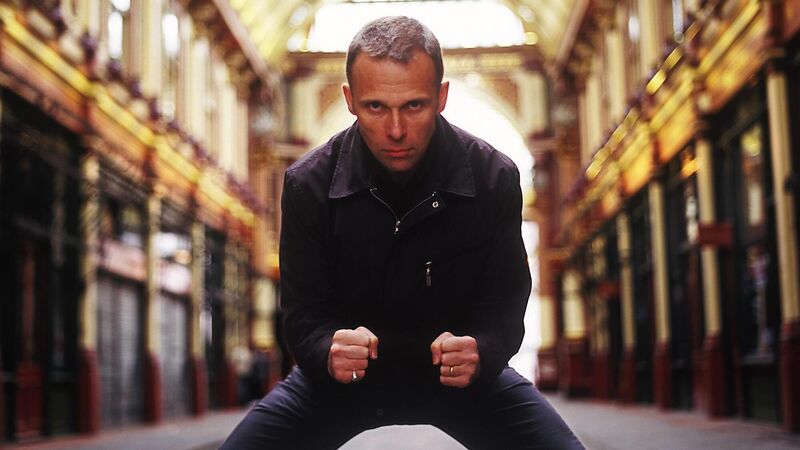Cathal Coughlan remembered: 'One of the greatest songwriters of his generation'

Cathal Coughlan in London in 2005. Picture: Bleddyn Butcher
Cathal Coughlan, the Cork musician who has passed away aged 61, was widely acknowledged as one of the greatest songwriters of his generation.
With his bands Microdisney and Fatima Mansions, and later as a solo artist, he blended rapture and rage, beauty and scorched earth ferocity. Often he would do so over the course of a single song – Fatima Mansions’ 1990 masterpiece, Blues for Ceausescu, for instance, is a vitriolic deconstruction of despotism and right-wing politics that hits as forcefully today as when he wrote it.




